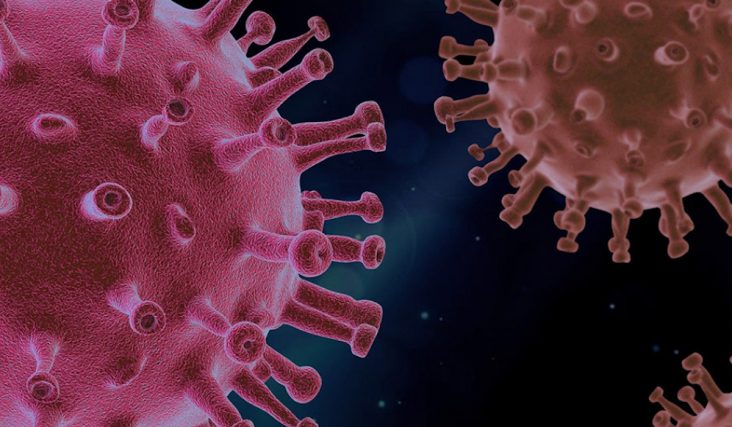ACHI unveils data on vaccination rates by community and ZIP code
by August 31, 2021 3:25 pm 4,966 views

The Arkansas Center for Health Improvement (ACHI) said Tuesday (Aug. 31) it is adding data on vaccination rates by community and ZIP code to its library of COVID-19 reporting. The project is a joint effort between ACHI and the Arkansas Department of Health (ADH).
ADH analyzed vaccination data as of Aug. 23 to determine the number of fully vaccinated residents of each of the state’s geographically distinct public school districts and each of the state’s ZIP codes.
ACHI calculated the percentage of fully vaccinated residents among the total population of each area and displayed the results at this link with interactive, color-coded maps on its COVID-19 in Arkansas web page. ACHI also used ADH data to create a table showing vaccination rates for Arkansas communities, based on ZIP codes and city associations designated by the U.S Postal Service.
The map showing vaccination rates among residents in school districts debuted on ACHI’s website on Aug. 25. On Tuesday, ACHI added information on vaccination rates at the community and ZIP code levels and merged all of the information into its existing dashboard showing COVID-19 infection rates in school districts, communities, and ZIP codes.
Following are vaccination rates in the state’s top 10 cities by population.
Little Rock: 45%
Fayetteville: 36%
Fort Smith: 34%
Springdale: 36%
Jonesboro: 33%
Rogers: 40%
Conway: 41%
North Little Rock: 36%
Bentonville: 44%
Pine Bluff: 24%
ACHI plans to update the dashboard later this week and on a weekly basis thereafter. Trend tables for vaccination rates will be added soon.
“This is part of our continuing effort to provide local-level information to policymakers, community leaders, and parents as they navigate the COVID-19 pandemic,” ACHI President and CEO Dr. Joe Thompson said in a statement. “We look forward to seeing these vaccination rates increase as more Arkansans go from unprotected to protected.”
Data for Arkansas residents who received vaccinations in neighboring states are not currently available, which may result in some vaccination rates being underreported.
